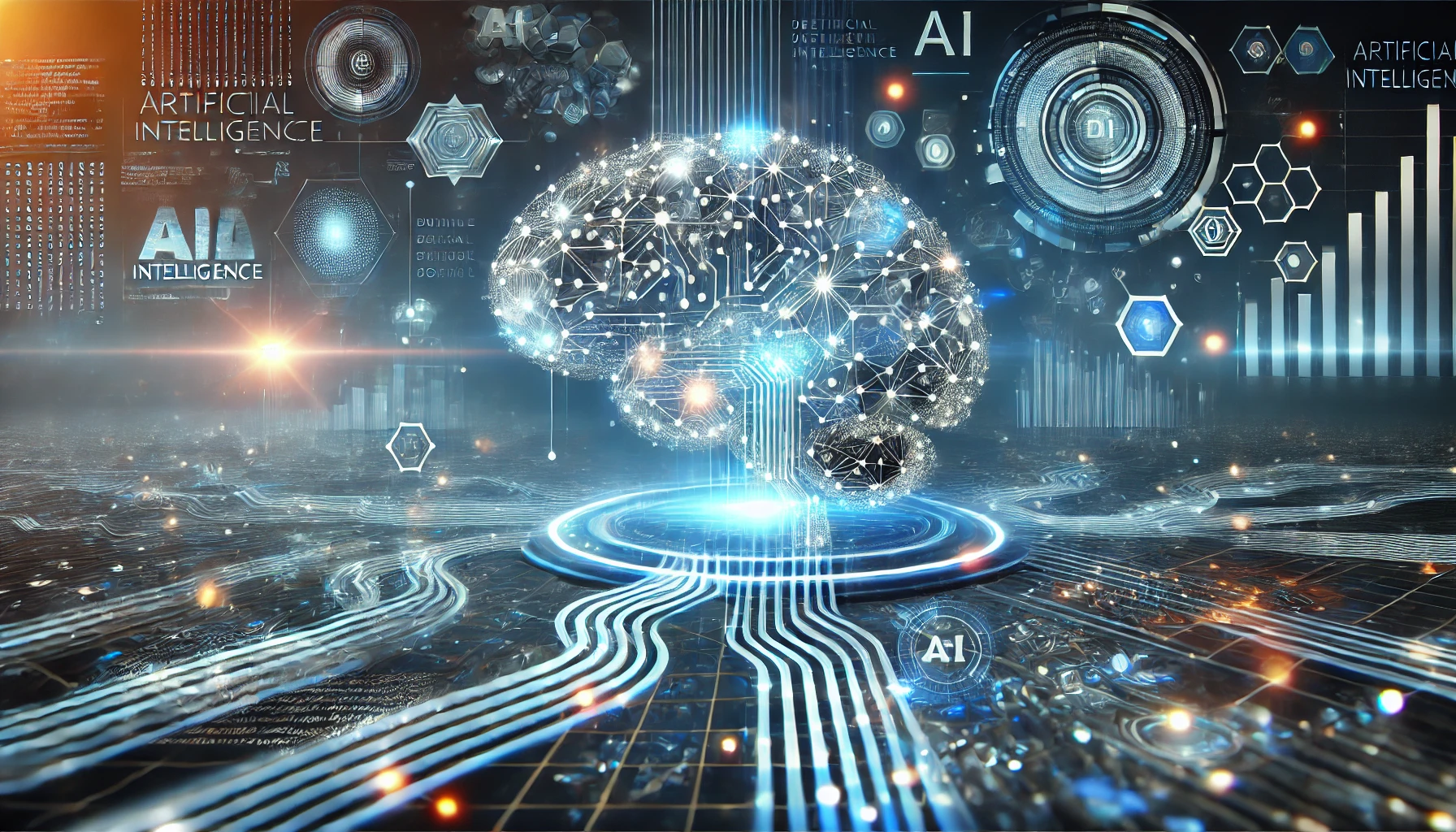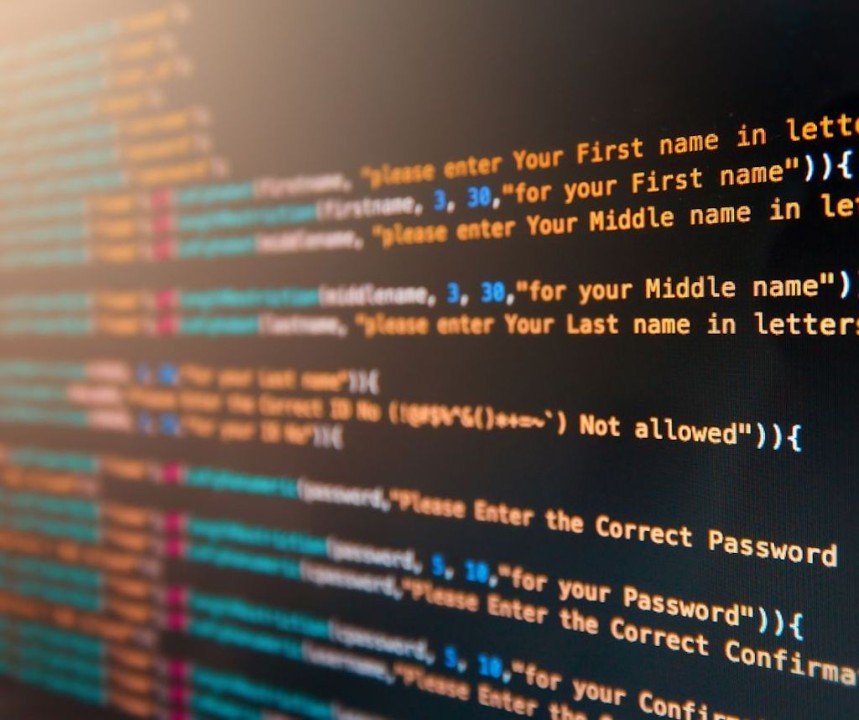In the ever-changing field of video editing, artificial intelligence (AI) is becoming a revolutionary force. AI is altering the game for video editors in unprecedented ways, from eliminating time-consuming jobs to enabling previously unthinkable creative possibilities. Whether you’re a professional video editor or a hobbyist, knowing how AI may improve your workflow is critical. In this blog article, we will look at the numerous ways AI is changing video editing, with a particular emphasis on the rise of the free AI video editor and its impact on the market.
The Role of AI in Video Editing
AI is intended to replicate human intellect, and in the field of video editing, it can execute jobs that would normally require significant effort and experience. These responsibilities include, but are not restricted to:
- Automated Editing: Artificial intelligence can analyze video footage and automatically select the best portions, edit unnecessary parts, and create a coherent sequence. This is especially effective for producing highlight reels, trailers, and even full-length videos with minimal manual effort.
- Enhanced Visual Effects: AI algorithms can improve visual effects by analyzing situations and applying effects like color grading, stabilization, and motion tracking more precisely and quickly than human editors.
- Speech and Scene Recognition: Artificial intelligence can transcribe speech, recognize scenes, and identify objects in video footage. This makes it easier to categorize, search for content, and create interactive films.
- Personalised material: AI can adapt video material to individual viewers based on their tastes and viewing history. This is especially useful for marketers and content makers trying to engage their target audience on a deeper level.
The Growth of Free AI Video Editors
The availability of free AI video editors is one of the most significant breakthroughs in the video editing industry. These tools democratise advanced editing capabilities, allowing anyone with a computer or smartphone to create professional-quality videos.
How AI Improves Creativity and Efficiency
AI in video editing is more than just automation; it also improves creativity and efficiency. Here’s how.
1. Automate repetitive tasks
One of the most important benefits of AI in video editing is its capacity to automate repetitive tasks. For example, synchronising audio and video tracks, colour correction, and rendering can be time-consuming tasks. AI-powered tools can complete these duties fast and accurately, freeing editors to focus on the creative parts of their work.
2. Improving Precision
AI systems can analyse film more precisely than humans. This is especially useful for activities like motion tracking and stabilisation, where even tiny inaccuracies are evident. AI can ensure that these activities are completed flawlessly, resulting in a higher-quality end product.
3. Enable Advanced Effects
AI permits the use of sophisticated effects that would be difficult or impossible to accomplish manually. AI can create convincing deepfake films, apply complicated visual effects, and even generate 3D models from 2D footage. These tools allow video editors to explore new creative possibilities.
4. Personalising the Content
AI’s capacity to analyse viewer preferences and behaviour enables the creation of personalised video content. This is especially useful for marketers and content makers looking to engage their audiences on a deeper level. AI can personalise video content for individual viewers, boosting engagement and retention.
5. Enhancing Accessibility
Free AI video editors make complex editing skills available to a larger audience. This democratisation of video editing enables prospective creators to create high-quality content without incurring major financial costs. It also promotes experimentation and creativity by allowing more people to explore the potential of video editing.
The Future of AI in Video Editing
The future of AI in video editing is bright, with technological improvements and increased usage by pros and hobbyists alike. Here are some trends to look out for:
- Real-Time Editing: As AI algorithms advance, real-time video editing will become more practical. This enables editors to make changes on the fly and see the results immediately, considerably speeding up the editing process.
- AI-Generated material: AI is already being used to create material, such as deepfakes and animations. In the future, we can expect AI to play a larger role in content development, from scriptwriting to final editing.
- Collaborative editing: AI-powered collaborative editing tools will enable numerous editors to work on a project at the same time, while AI manages the workflow and ensures consistency. This will be especially useful for larger-scale productions.
- Virtual Reality (VR) and Augmented Reality (AR): Artificial intelligence (AI) will play an important role in the development of VR and AR content, allowing for more easily and precisely created immersive experiences.
Conclusion
Artificial intelligence is clearly altering the game for video editors. AI-powered technologies are transforming the video editing process by automating monotonous activities, improving precision, enabling advanced effects, personalising material, and increasing accessibility. The advent of free AI video editors is making these advanced skills more available to a wider audience, fostering creativity and innovation in the industry.
As AI technology advances, we may expect even more fascinating innovations in the area of video editing, making it an exciting time to be in this sector. Whether you’re a seasoned professional or a beginner in video editing, embracing AI can help you create high-quality, engaging material more efficiently and creatively.





